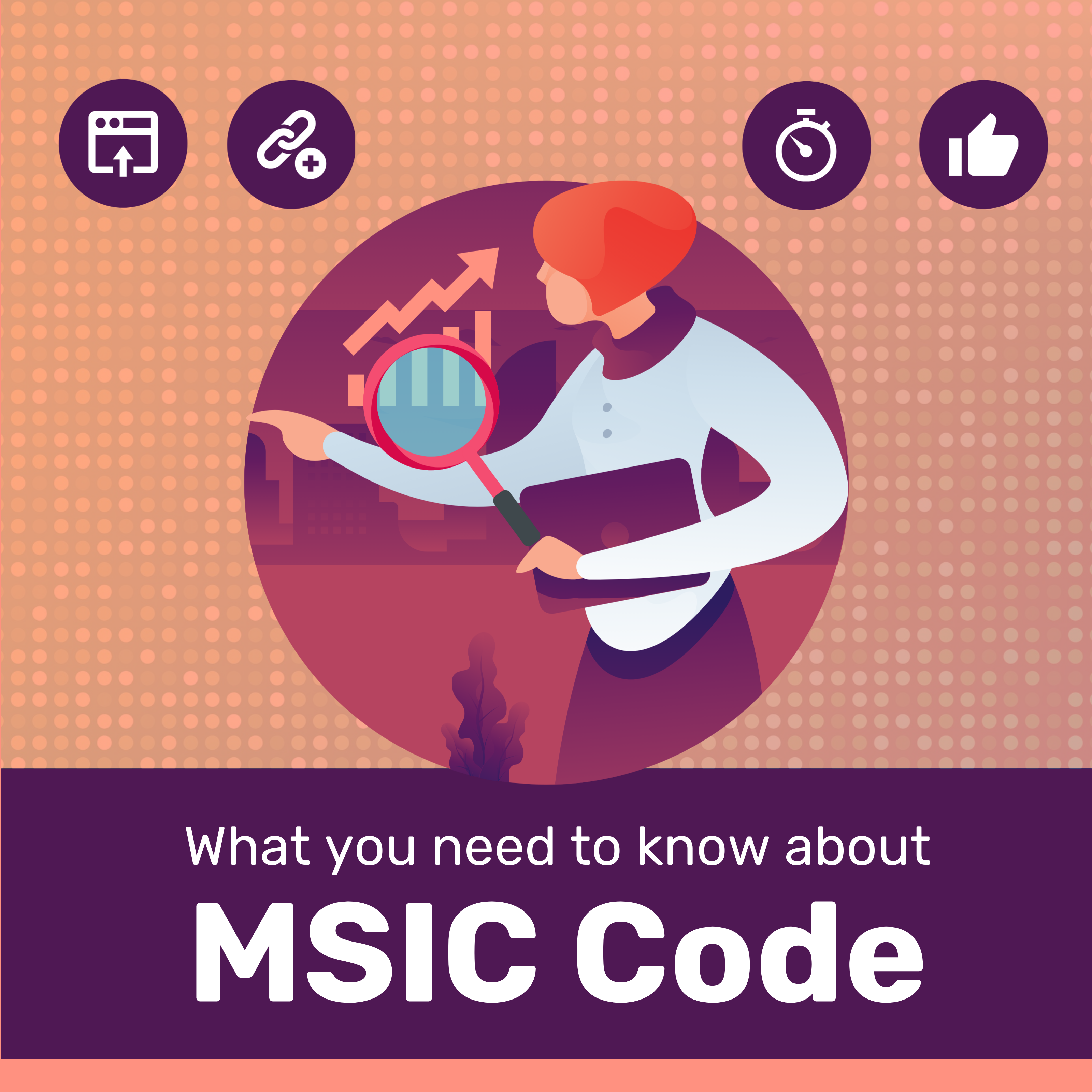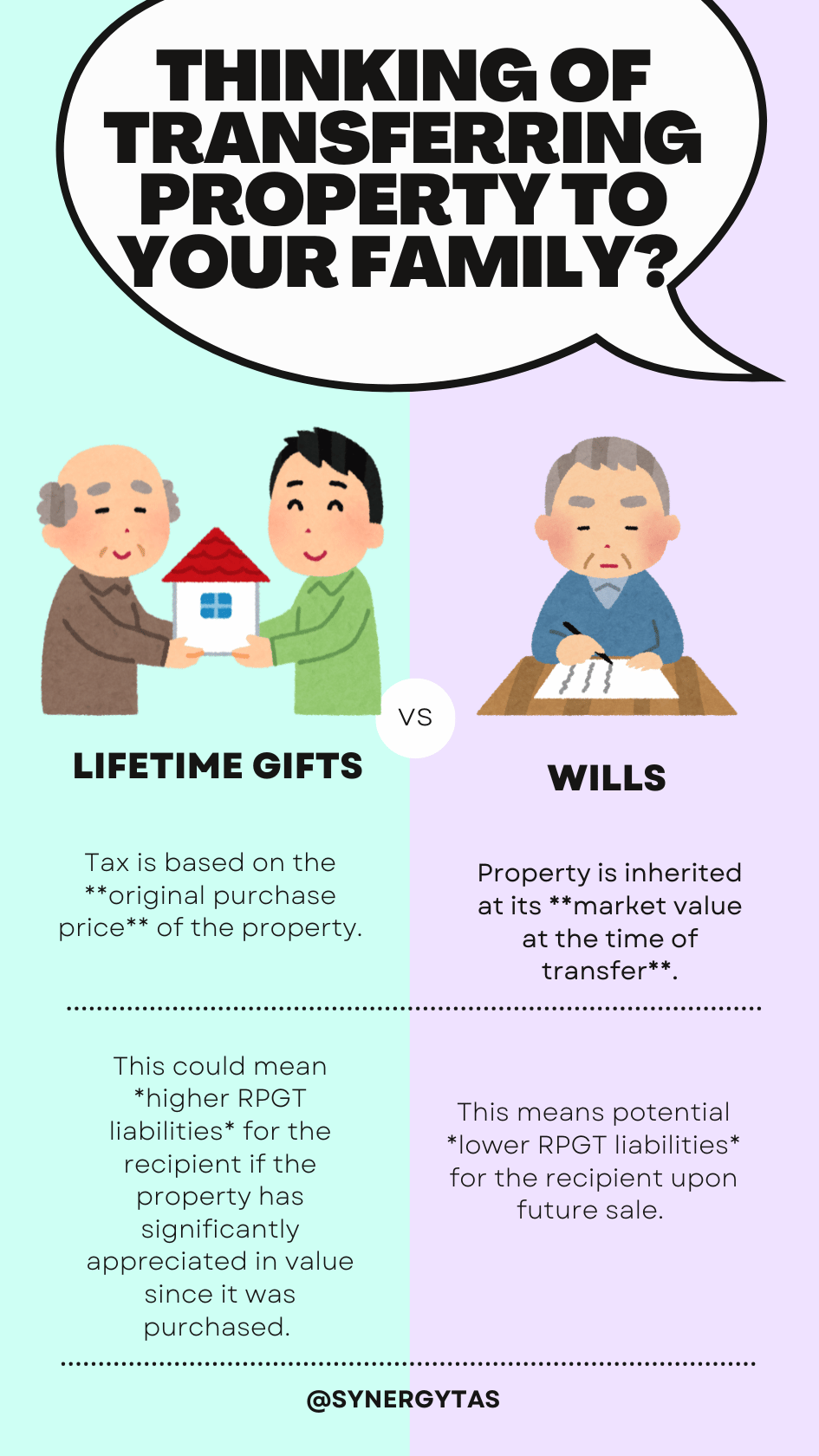
When you think of “flexible work arrangement,” does your mind immediately go to someone working from their couch with a laptop? It’s a common misconception. But flexible work arrangements (FWAs) go far beyond working from home. They’re about rethinking how, when, and where people work—while considering new incentives designed to make implementation easier for businesses.
Here’s a closer look at FWAs, why they’re critical, and how they are supported by exciting tax incentives introduced in Malaysia.
What is a Flexible Work Arrangement?
At its core, a flexible work arrangement lets employees adjust their schedules, workspaces, and structures to suit personal needs alongside their professional responsibilities. Ranging from flexible hours to hybrid office setups, FWAs cater to employees’ unique situations while meeting business goals.
Key Features of FWAs:
- Flexible Hours: Adjust work timings for better personal alignment.
- Hybrid Work Models: A mix of office and remote work.
- Compressed Work Weeks: Full working hours distributed over fewer days.
- Part-Time or Reduced Schedules: Enable work-life balance.
- Flexi-Care Solutions: Allow for caregiving responsibilities.
- Career Growth Support: Options like studying while working.
And now, with Malaysia’s 2025 Budget, FWAs receive additional support for businesses to implement these practices successfully.
Flexible Work Gains Financial Support
To promote the adoption of flexible working practices, Malaysia has introduced tax incentives under the latest budget. These measures aim to ease financial pressure on businesses and encourage sustainable, inclusive work practices.
Key Tax Incentive Highlights
- 1.5x Tax Deduction
Employers can enjoy a 1.5x tax deduction on costs incurred for implementing FWAs, covering expenses up to RM500,000. - Eligibility Period
This incentive applies to costs incurred for applications submitted to TalentCorp between 1 January 2025 to 31 December 2027 for years of assessment (YAs) 2025 to 2027. - Verification by TalentCorp
Applications for these deductions require verification by TalentCorp, ensuring program alignment with government-supported FWA frameworks. - What’s Included
Eligible costs include expenses related to employee training and capacity development programs. These help organizations prepare their teams for new, flexible workflows and improve virtual working environments. - Exclusions
Consultancy fees are not covered under this incentive, keeping the focus on internal capability building.
These incentives not only make it financially easier but also practical for businesses to build robust flexible work systems.
Flexible Work Arrangements in Action

To understand how FWAs can reshape work culture, here are three scenarios where these initiatives make a meaningful impact:
1. Empowering Women to Return to Work
Many women step away from careers to focus on family caregiving, yet re-entering the workforce can be challenging. Flexible schedules and hybrid systems provide opportunities for mothers to ease into their careers without compromising family needs. For businesses, the tax deduction allows investment in re-entry programs verified by TalentCorp.
2. Flexi-Care for the Elderly and Children
Employees with caregiving responsibilities gain time to support aging relatives or young children. For example, flexi-care days permit workers to adjust hours for caregiving tasks like medical appointments. Employers can use the tax deduction to fund necessary software or training that ensures productivity doesn’t dip during such arrangements.
3. Study While Working
Balancing work and studies can be daunting. FWAs make it possible for employees to pursue education through flex schedules or compressed workweeks. Employers can underwrite capacity development costs for upskilling staff, knowing that the tax deduction makes these investments more accessible.
Why Businesses Should Care
Having the right talent is precious. Adopting flexible work arrangements and leveraging the financial incentives offered in Malaysia provides a win-win for both employers and employees. Here’s how:
For Employees
- Empowered Career Transitions: Women returning to work benefit from supportive practices, enabling smoother transitions.
- Family-First Flexibility: Employees caring for loved ones feel acknowledged and valued.
- Upskilling Opportunities: Employees can pursue higher education without career breaks.
For Employers
- Enhanced Talent Pool: FWAs attract diverse candidates, especially those balancing personal challenges.
- Cost Management: The 1.5x tax deduction helps offset significant initial implementation costs.
- Future-Proof Teams: Training employees in IR 4.0-aligned skills strengthens long-term business capabilities.
Steps to Start Implementing FWAs
Here’s how your business can use these incentives to create sustainable flexibility:
- Assess Needs: Build frameworks to address employee-specific requirements such as hybrid work schedules or targeted career support.
- Invest in Tools: Use deductions to fund virtual working platforms, ensuring seamless remote collaboration.
- Develop Training Programs: Equip staff with skills for effective flexible work—such as time management for remote settings.
- Leverage Budget Support: Submit verified cost applications to TalentCorp to maximize benefits during the eligibility period.
Redefining Work for a Resilient Future
Flexible work arrangements *aren’t just about convenience; they’re about empowering employees to thrive. With Malaysia’s forward-thinking tax policies, businesses now have the tools and incentives to adopt these practices confidently.
By fostering inclusivity, supporting caregivers, and encouraging upskilling, companies unlock opportunities for better business innovation and cultural growth. And when flexible work succeeds, so does everyone involved.
Does your workplace envision a flexible future? Now’s the time to make it a reality.









